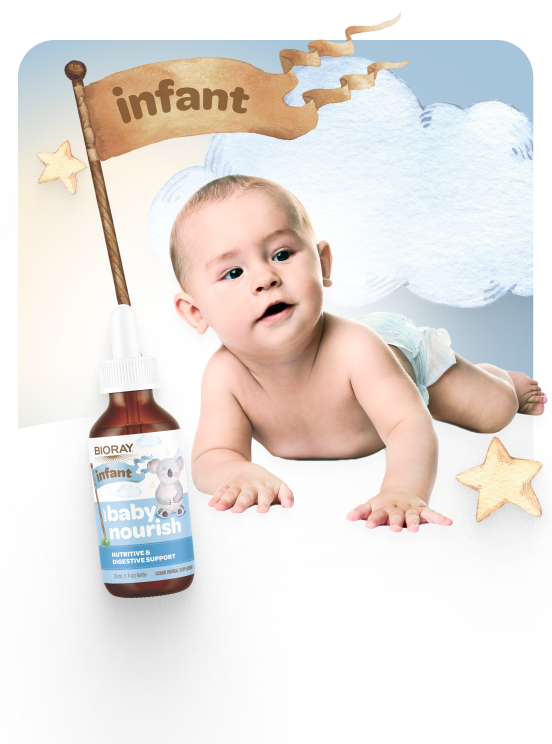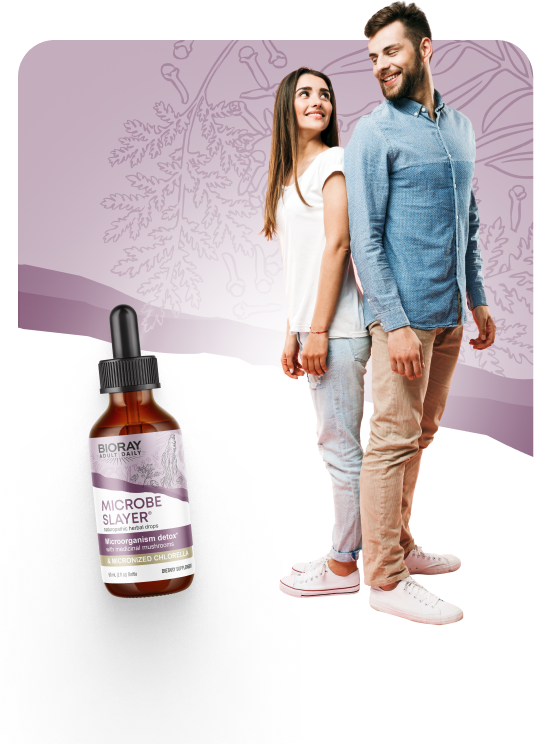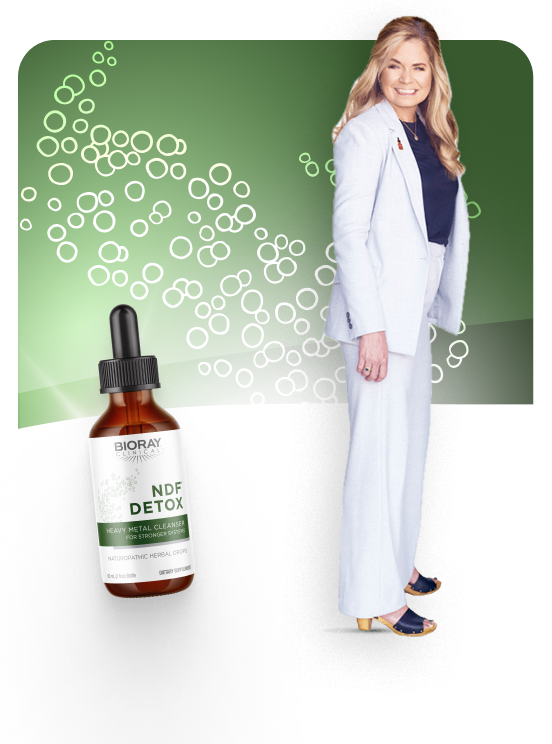Why Immune Modulators Are Valuable By Stephanie Ray, BCN
The definition of Immune Modulation is to either decrease or increase the immune system to optimal levels of functioning. The way to do this is to remove excesses and replenish deficiencies in the body. This understanding about immune modulation is the same for western medicine as it is for traditional Chinese medicine (TCM). In this paper, we’re going to discuss specific ways to support the immune system using thousands of years-old academic and empirical information from TCM, as well as modern published studies using the same principles and ingredients.
The practice of modulating the immune system by “removing excess” and “replenishing deficiencies” is the cornerstone of a long, healthy life. Removing excess is accomplished by gentle detoxification. Detoxifying is a natural part of our body’s normal function. Every day we naturally detox by sweating, urinating, and having bowel movements. It is essential to healthy organ function and clear thinking. The converse is replenishing deficiencies with nourishing, nutrient dense foods and herbal formulas containing vitamins, minerals, enzymes, amino acids and beneficial phytonutrients that give energy to the body. Detoxification allows energy to flow and replenishing builds energy in the body.
Compromised Immune System
The immune system is hampered by common, every day occurrences including a fast food diet, artificial dyes and chemicals, excessive amounts of carbohydrates and sugar, polluted air and water, chemicals in cleaning supplies, perfumes and deodorants, pesticides and fertilizers, unhealthy thoughts, and lack of movement. It can process only a fraction of the toxins and debris that it encounters before they impact the natural barriers to the immune system.
Master herbalists and taoist monks who studied herbs and created many of the formulas of the last 3,000 years had vital knowledge and practices that are invaluable for life in 2020 and beyond. They are the true gold for the human system and for the world.
In TCM we always begin with a place of balance: eating nourishing foods, taking herbal formulas, moving the body until a sweat begins, drinking appropriate amounts of clean water, and delving in some sort of spiritual practice - this may on its own do a very good job of keeping the immune system in balance.
In addition to good diet and lifestyle practices, we can utilize additional aspects of modulating the immune system with adaptogenic herbs and medicinal mushrooms for adjusting the body's blood and organ functions. They can support the body to go from a hyper-functioning state to a normal state or from an under-functioning level back to a normal state. Herbal remedies can find and fix these imbalances even when they are not obvious to us.
Understanding Adaptogenic Herbs & Medicinal Mushrooms
The practice of using adaptogenic herbs can be traced back to 3000 B.C., in Ancient Chinese and Ayurveda practices. Russian toxicologist Nikolay Lazarev defined an adaptogen as a plant that increases the "state of nonspecific resistance". Said another way, adaptogens offer support to your adrenals and other body systems and structures during times of stress. They help support mental concentration, focus, and promote a balanced response to physical or emotional stress. ¹ ²
Adaptogenic herbs include:
- Schizandra berries
- Eleutherococcus Senticosus
- Licorice Root
- American Ginseng
- Epimedium
Medicinal mushrooms are known to be both adaptogenic in nature as well as immune modulating. They have the ability to both “down regulate” and “up regulate” the immune system while relieving stress. Medicinal mushrooms are also safe as shown in many studies. Christopher Hobbs, Ph.D., published a comprehensive review of medicinal mushrooms citing 122 clinical research studies.
Adaptogenic medicinal mushrooms include:
- Reishi; Ganoderma lucidum
- Agaricus blazei; Himematsutake
- Maitake; Grifola Turkey tail;
- Coriolus versicolor
- Cordyceps
- Poria
Key Systems & Strategies for Strong Immunity
- The Liver helps the body be immune tolerant to many invaders and, under appropriate conditions, the liver is able to mount a rapid and robust immune response.³
- The Gastrointestinal tract facilitates maximal nutrient absorption while housing the largest number of immune cells in the body.⁴
- The Adrenal glands produce hormones that help regulate healthy metabolism, immune system and response to stress.⁵
- Detoxification of heavy metals and chemicals “removes excesses” that block or displace the absorption of beneficial minerals such as selenium, iodine, magnesium, and zinc. All of these support numerous essential enzymatic processes. At the same time, if a person lacks these important minerals, heavy metals are able to create severe imbalances that impact the immune system.
Strategy #1
Give the liver restorative herbs and medicinal mushrooms. The liver is a key, frontline immune tissue that filters all forms of toxins. When the liver is supported with nutritive herbs and mushrooms, it regenerates liver cells and detoxifies invaders and other debris.*
Formulas to take: Liver Life®, Liver Lover® or NDF Calm® - The herbs and medicinal mushrooms that modulate the liver in these formulas are made with the same organic, active ingredients in differing ratios to accommodate different types of individuals and their needs. They naturally strengthen the liver’s structure and function, improve the body’s ability to filter toxins, drain acidic waste and decrease ammonia.*
Strategy #2
Decrease the number of bad bugs in the gastrointestinal tract with cell wall lysed probiotics often called “immunobiotics.” Due to their immune-enhancing effect and by decreasing GI irritation and leaky gut, these non-viable probiotics will support an increase in the nutrition absorption ratio in the intestinal tract.*
Formulas to take: CytoFlora®, Belly Mend®, or NDF Tummy® - The 11-strain probiotic blend in each of these formulations has been shown to decrease gastrointestinal inflammation and leaky gut in compromised GI tracts. The three formulas are made with the same strains of probiotics, chlorella, and other herbs with differing ratios to accommodate different types of individuals and their needs.*
Strategy #3
Detoxification is needed when the body’s toxic burden is high. If the toxicity is not addressed for a prolonged period of time, the immune system is triggered. As the immune system becomes overworked, the body loses its ability to respond to invaders quickly and efficiently. This leads to more toxic build-up and creates a cycle of poor health.*
Formulas to take: NDF®, Mind Focus® or NDF Focus® - NDF® is a heavy metal & chemical detoxifier that safely removes toxic heavy metals, chemicals, and pesticides while balancing beneficial nutrient and mineral levels. It is a gentle detoxifying formula for individuals with a normal to strong constitution.* Mind Focus® and NDF Focus® have the same detoxifying and binding ingredients, plus herbs and medicinal mushrooms that have been fermented to enhance the low cellular activity for those needing a nap, have indigestion or are sleepy after eating.*
Strategy #4
Support and modulation of the adrenal system is indispensable in the regulation of ion balances, as well as being a final site of integration for the stress response. The adrenal glands have earned further recognition as key modulators of immune function because secretory products of the adrenal glands tightly regulate cytokine expression⁶ and immune cell activation.⁷
Formulas to take: Loving Energy® - The ingredients in Loving Energy® are often used for relieving stress and exhaustion, for support of the lungs and the adrenal system. Used by Taoist monks to replenish adrenal reserves while praying for peace on earth, this formula is equally appreciated by those who care, support, and creatively give on a daily basis. Available as a traditional alcohol tincture or alcohol free.
End Note
Keeping the body balanced by supporting detoxification and replenishing with phytonutrients repels invaders and keeps the immune system strong. You don’t want an immune system that is overactive or underactive. Modulation is the art and science of supporting the intelligence of the immune system and it’s necessary to have harmony.
The Immune system is...
“a massive assemblage (more than a trillion strong) of gardeners and groundskeepers who work around the clock hoeing, weeding, irrigating, and fertilizing to assure the integrity and vitality of our internal ecosystem.”
— Chinese Medicine for Maximum Immunity: Understanding the Elemental Types for Health and Well-Being
¹ Panossian A., Wikman G. Evidence-based efficacy of adaptogens in fatigue, and molecular mechanisms related to their stress-protective activity. Current Clin. Pharmacol. 2009;4:198–219. doi: 10.2174/157488409789375311.
² Panossian A., Wikman G. Evidence-based efficacy of adaptogens in fatigue and molecular mechanisms related to their stress-protective activity. In: Bonn K., editor. International Evidence–Based Complementary Medicine Conference; Armidale, Australia. 13-15 March; Armidale, Australia: University of New England; 2009. p. 10.
³ Calvin, Phoebe, & Joan Snyder. Immune Responses in the Liver. Annual Review of Immunology. Institute for Chronic Diseases, University of Calgary. Vol. 36:247-277 (Volume publication date April 2018) https://doi.org/10.1146/annurev-immunol-051116-052415 .
⁴ Katie Lynn Mason et al. Overview of Gut Immunology. PMID: 18841699 DOI: 10.1007/978-0-387-09550-9_1
⁵ Effects of Adaptogens on the Central Nervous System and the Molecular Mechanisms Associated with Their Stress—Protective Activity. Alexander Panossian and Georg Wikman. Published online 2010 Jan 19. doi: 10.3390/ph3010188
⁶ Immune Cells and Cytokine Circuits: Toward a Working Model for Understanding Direct Immune-to-Adrenal Communication Pathways.Terrence Deak. Endocrinology. 2008 Apr; 149(4): 1433–1435. doi: 10.1210/en.2008-0170
⁷ Effects of stress on immune cell distribution. Dynamics and hormonal mechanisms. Dhabhar FS, Miller AH, McEwen BS, Spencer RL. J Immunol. 1995 May 15; 154(10):5511-27.









